IDEA SET
IDEA SET
Citizen Science Projects
Citizen Science Projects
Learn about how you can participate in citizen science projects.
Grades
3 - 12+
Subjects
Biology, Ecology, Earth Science
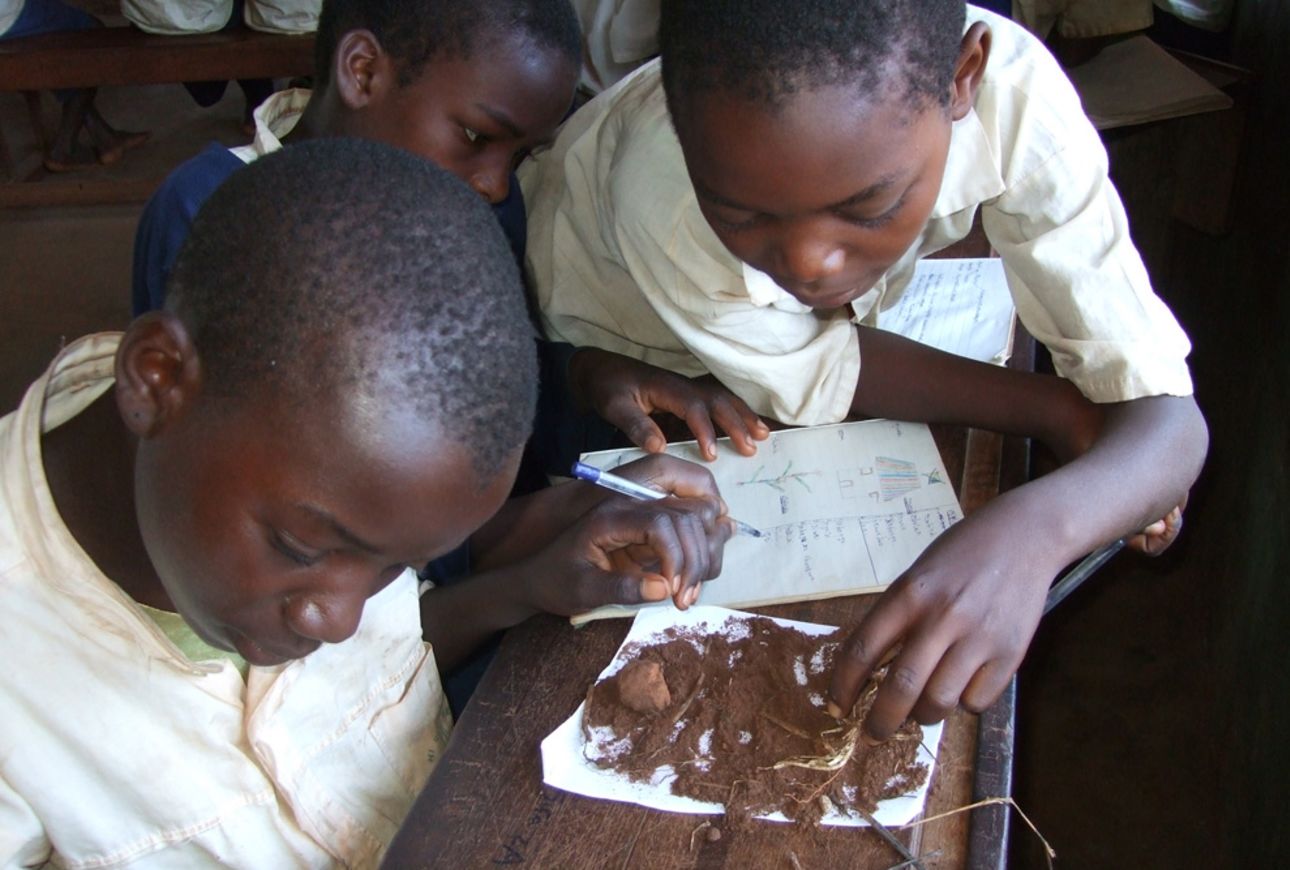
Photograph by Kelly Thayer, MyShot
Did you know snapping mountain-top photos of smog and listening for frog calls can help scientists? Get ideas for how you can participate in citizen science—projects in which volunteers and scientists work together to answer real-world questions and gather data.
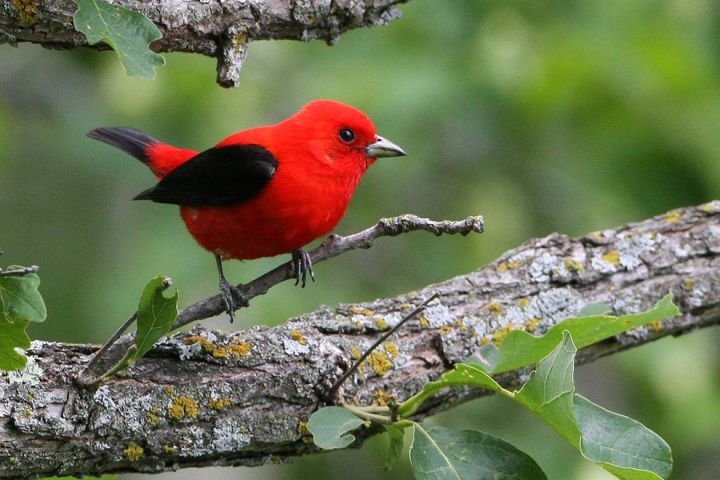
Bird Census
Join the Audubon Society's Christmas Bird Count and contribute to a wildlife census that will help scientists assess the health of bird populations.
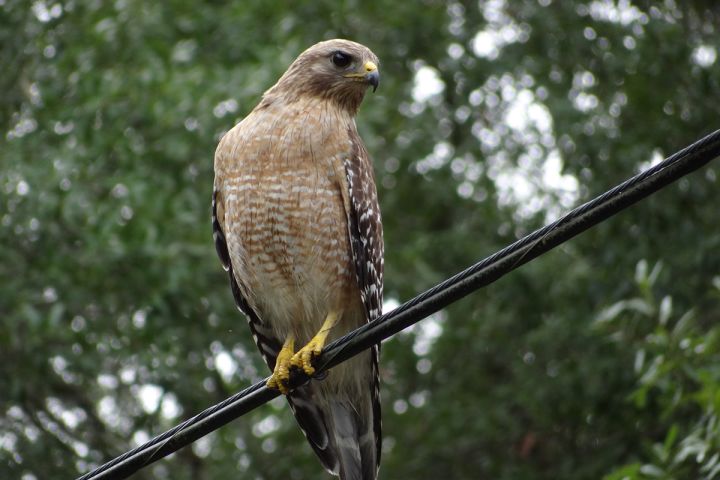
Celebrate Urban Birds
Observe birds in an urban neighborhood for the Celebrate Urban Birds project, and send the data to scientists at the Cornell Laboratory of Ornithology.

Monitor Bird Nests
Join NestWatch, a continent-wide project to monitor bird nests. The project was started by the Cornell Laboratory of Ornithology and the Smithsonian Migratory Bird Center.
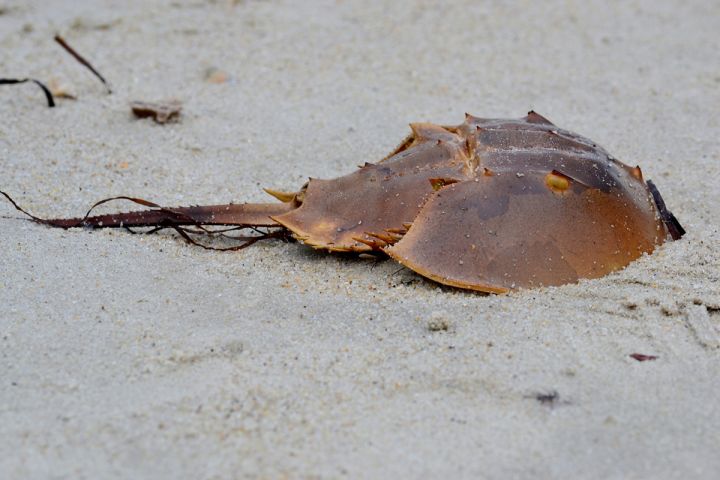
The Horseshoe Count
Join The Horseshoe Count, a survey that gets volunteers to count horseshoe crabs during spawning season at beaches in Delaware and New Jersey.
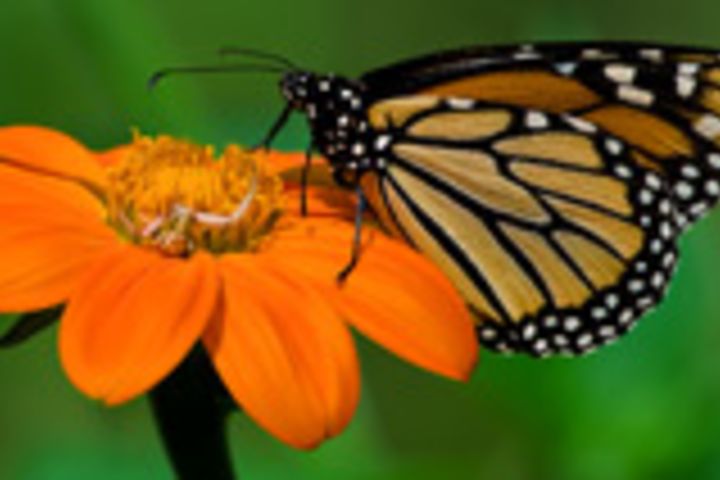
Butterfly Census
Contribute to a census of the butterflies of North America—in the United States, Canada, and parts of Mexico. Participate in a one-day butterfly count in your area for the North American Butterfly Association.

Monitor Water
Use a test kit to sample local bodies of water for water quality data and share the results with other communities around the world.
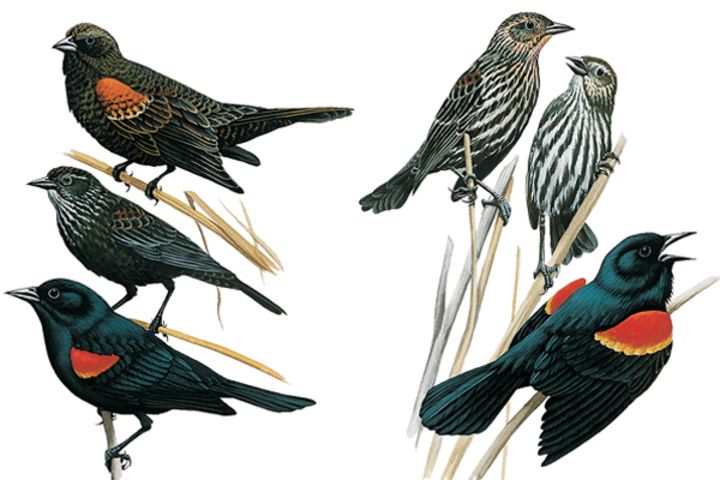
Count Birds
Participate in the Great Backyard Bird Count, an annual event that gets bird watchers to count birds across the continent and then tallies the highest number of birds of each species seen together at one time.
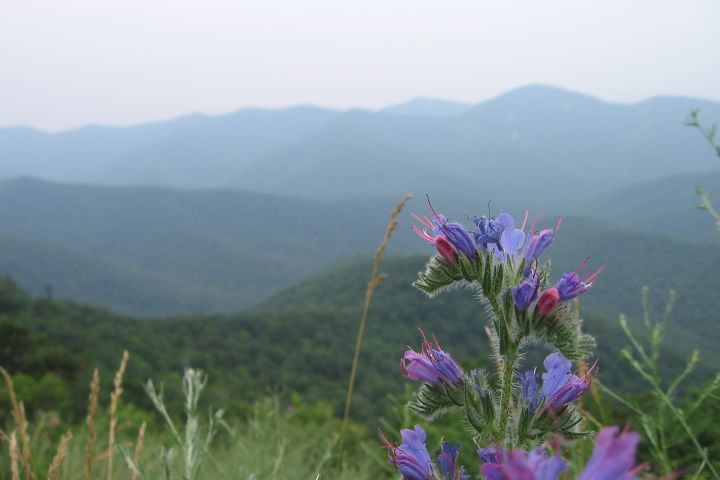
Observe Appalachian Flowers
Monitor the timing of plant flowering in the Appalachian Mountains as you hike trails. The Appalachian Mountain Club will use the data as part of a study to understand how changes in climate are affecting mountain flora.
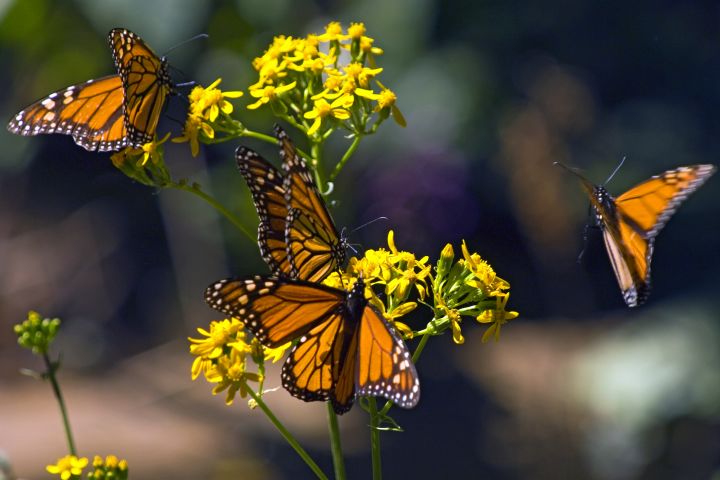
Survey Monarch Populations
Help the Monarch Larva Monitoring Project collect long-term data on larval monarch populations and milkweed. Volunteer to conduct surveys in your local area.
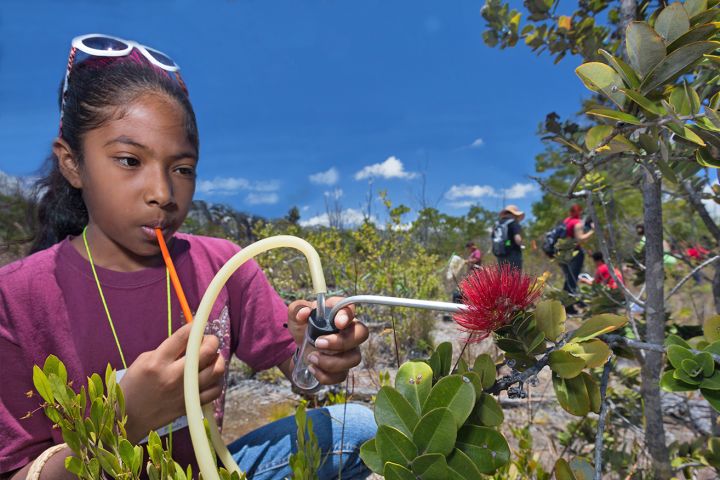
Learn About Local Plants
Join the National Phenology Network's plant monitoring program. Learn about plant species in your area and record your observations about observable phases in the annual life cycle of plants.
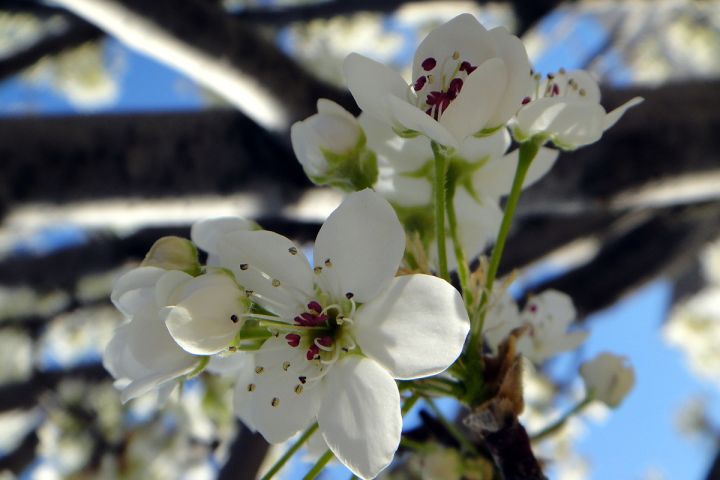
Observe Plant Life Cycles
Join Project BudBurst to gather environmental and climate change information in your local area. Observe the life cycles of trees, shrubs, flowers, and grasses to see when they have their first leafing, first flower, and first fruit ripening.
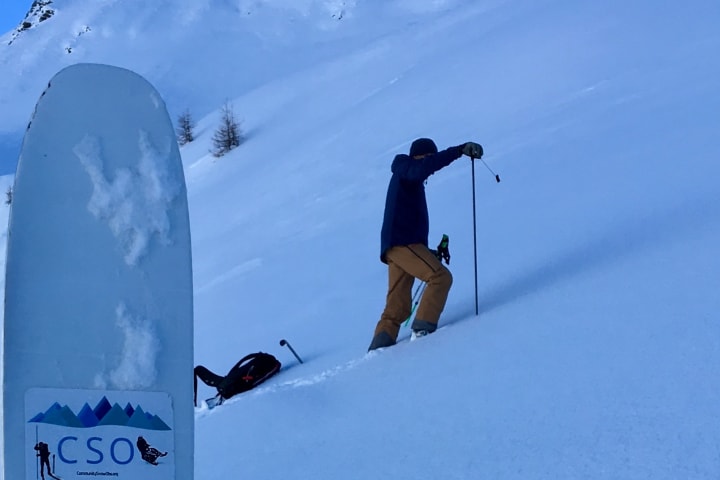
Measure Snow Depth
The Community Snow Observations (CSO) project relies on snow depth measurements collected by participants to help scientists understand the impacts of climate change in the mountains. Citizen scientists can submit snow measurements, allowing scientists to analyze the data and integrate it into models and remote sensing products.
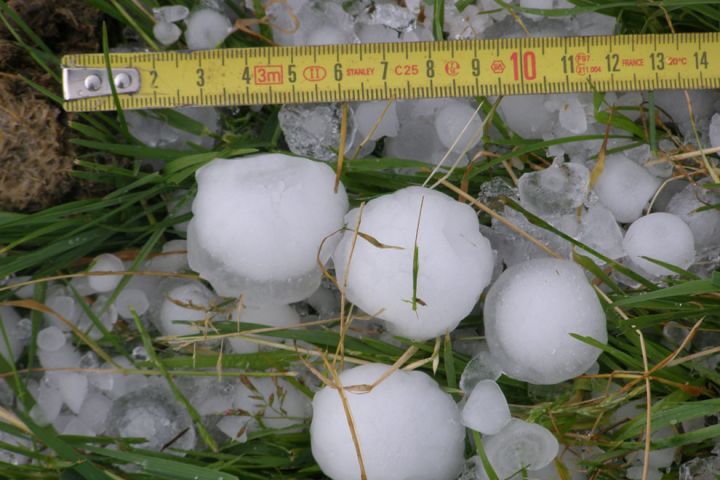
Collect Weather Data
Volunteer to join the Community Collaborative Rain, Hail, and Snow Network. The data you help collect will be used for weather forecasting and monitoring, severe weather alerts, and climate studies.
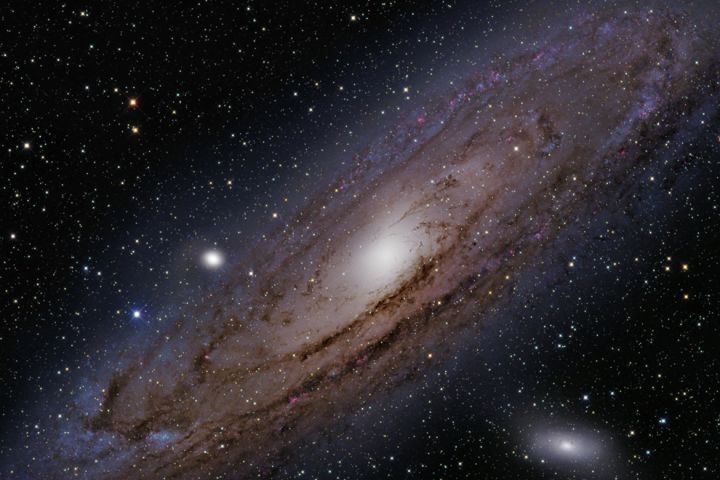
Classify Galaxies
Do what a computer can't! Join the Galaxy Zoo project to help scientists classify galaxies according to their shapes.
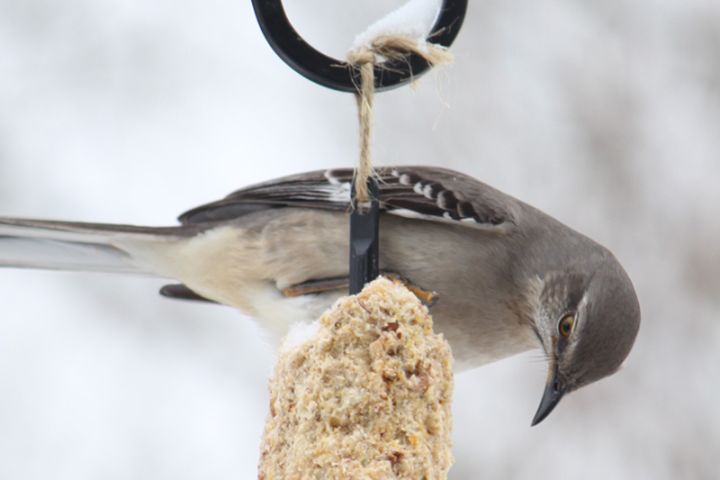
Bird Feeder Stakeout
Help Project FeederWatch with a winter-long survey of birds that visit feeders at backyards, nature centers, community areas, and other locations in North America.
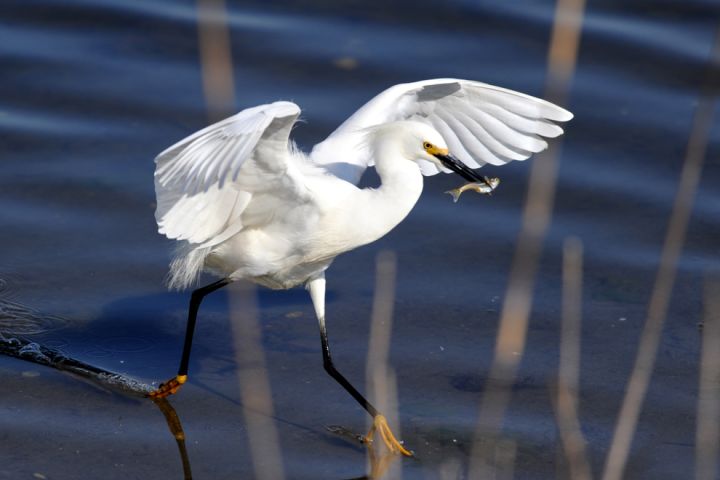
Bird Watch
Join eBird, an online checklist project created by the Cornell Laboratory of Ornithology and the National Audubon Society. Ebird allows people to report real-time bird sightings and observations.
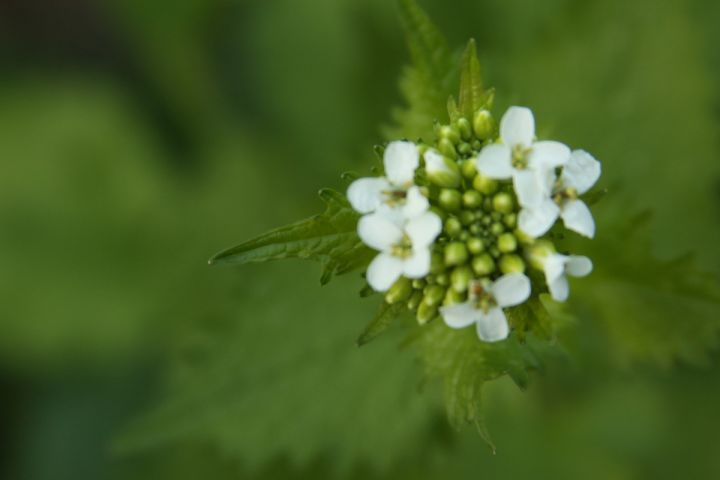
Participate in a Field Survey
Be a part of an international effort to identify populations of an invasive plant—garlic mustard—in the Global Garlic Mustard Field Survey.
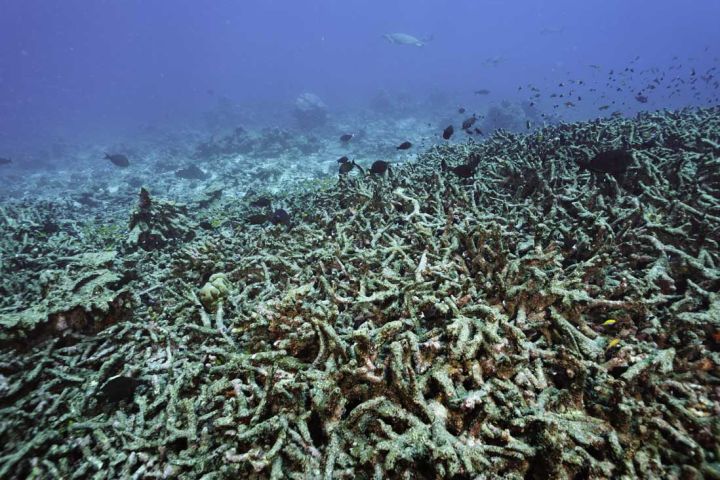
Observe Coral Bleaching
If you live in Hawaii, join Eyes of the Reef Network to help monitor and report on coral bleaching and disease and marine invasive species.

Measure Night-Sky Brightness
Join the Globe at Night program in documenting light pollution by submitting data based on the visibility of constellations.

Chesapeake Bay Foundation
Love the water and being outside? Get in touch with your state’s local water resource office to find out how your class can volunteer for various projects like tree-planting or oyster-growing. Even if your class cannot do something hands-on, they can promise to take action signing the Chesapeake Bay Clean Water Blueprint pledge, or something similar for your area.
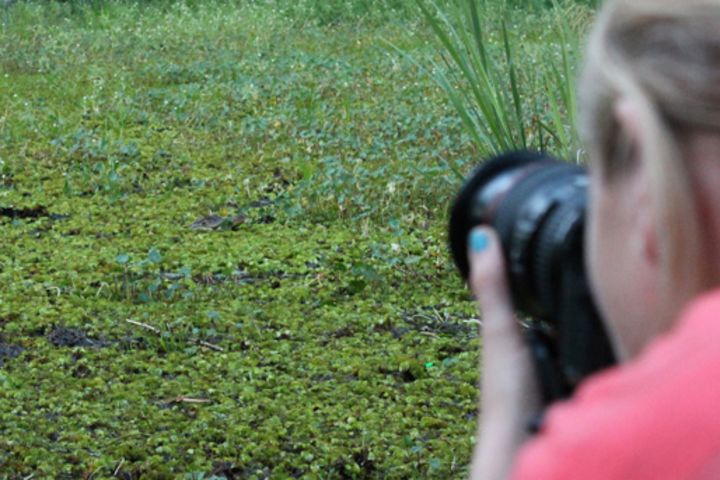
Observe Wildlife Anywhere
Photograph plants, animals, and other organisms on your own or as part of a BioBlitz. Use the iNaturalist app or iNaturalist.org to upload your observations and add them to a global database of biodiversity to support local to global research projects.
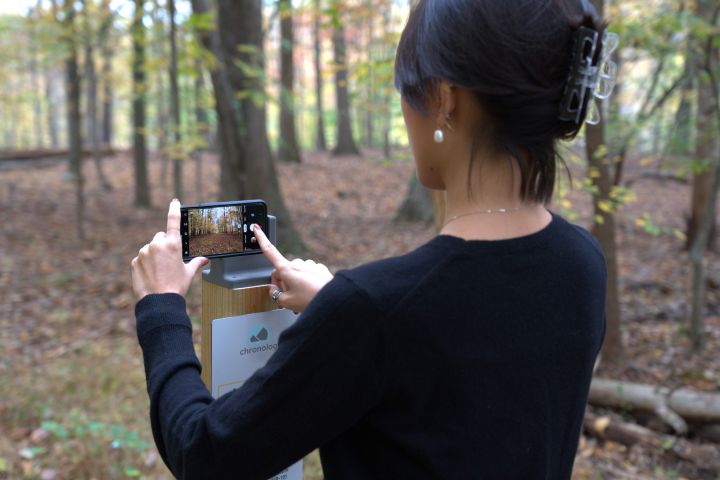
Document How Landscapes Change
Change in the environment happens gradually, so you can help tell the story by uploading a photo to Chronolog. Chronolog creates time lapses of important ecosystems to better understand how these landscapes are changing.
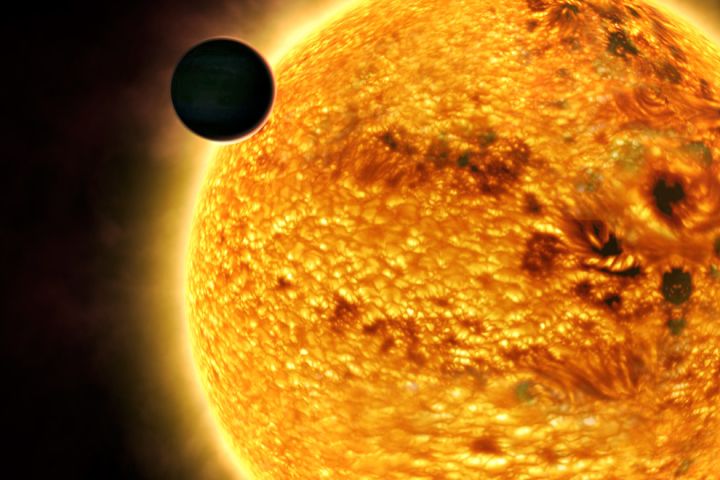
Exoplanet Watch
Discover strange new worlds and help NASA scientists as they search for planets outside our solar system with Exoplanet Watch.
Media Credits
The audio, illustrations, photos, and videos are credited beneath the media asset, except for promotional images, which generally link to another page that contains the media credit. The Rights Holder for media is the person or group credited.
Writer
Editor
Photo Researcher
other
Last Updated
September 20, 2024
For information on user permissions, please read our Terms of Service. If you have questions about how to cite anything on our website in your project or classroom presentation, please contact your teacher. They will best know the preferred format. When you reach out to them, you will need the page title, URL, and the date you accessed the resource.
Media
If a media asset is downloadable, a download button appears in the corner of the media viewer. If no button appears, you cannot download or save the media.
Text
Text on this page is printable and can be used according to our Terms of Service.
Interactives
Any interactives on this page can only be played while you are visiting our website. You cannot download interactives.